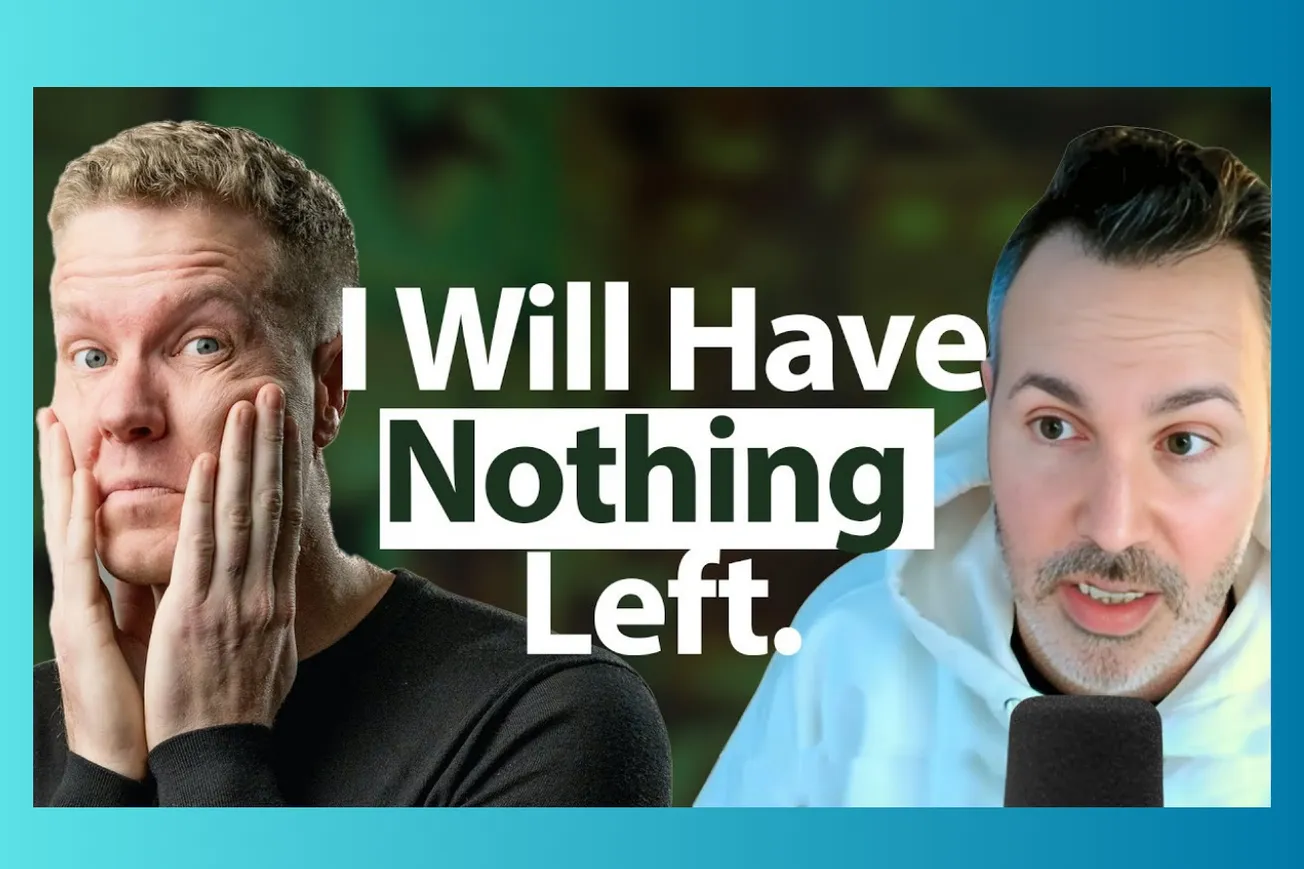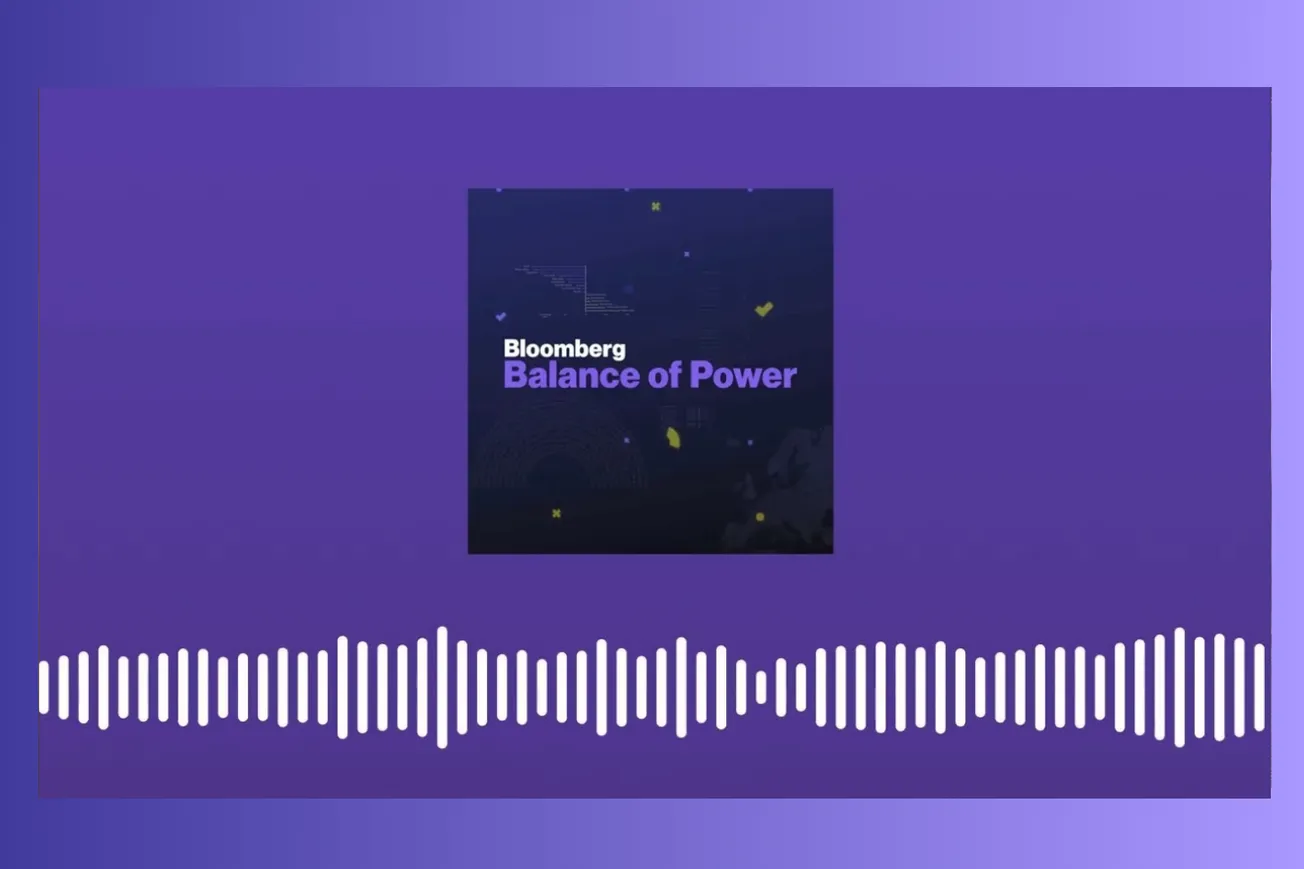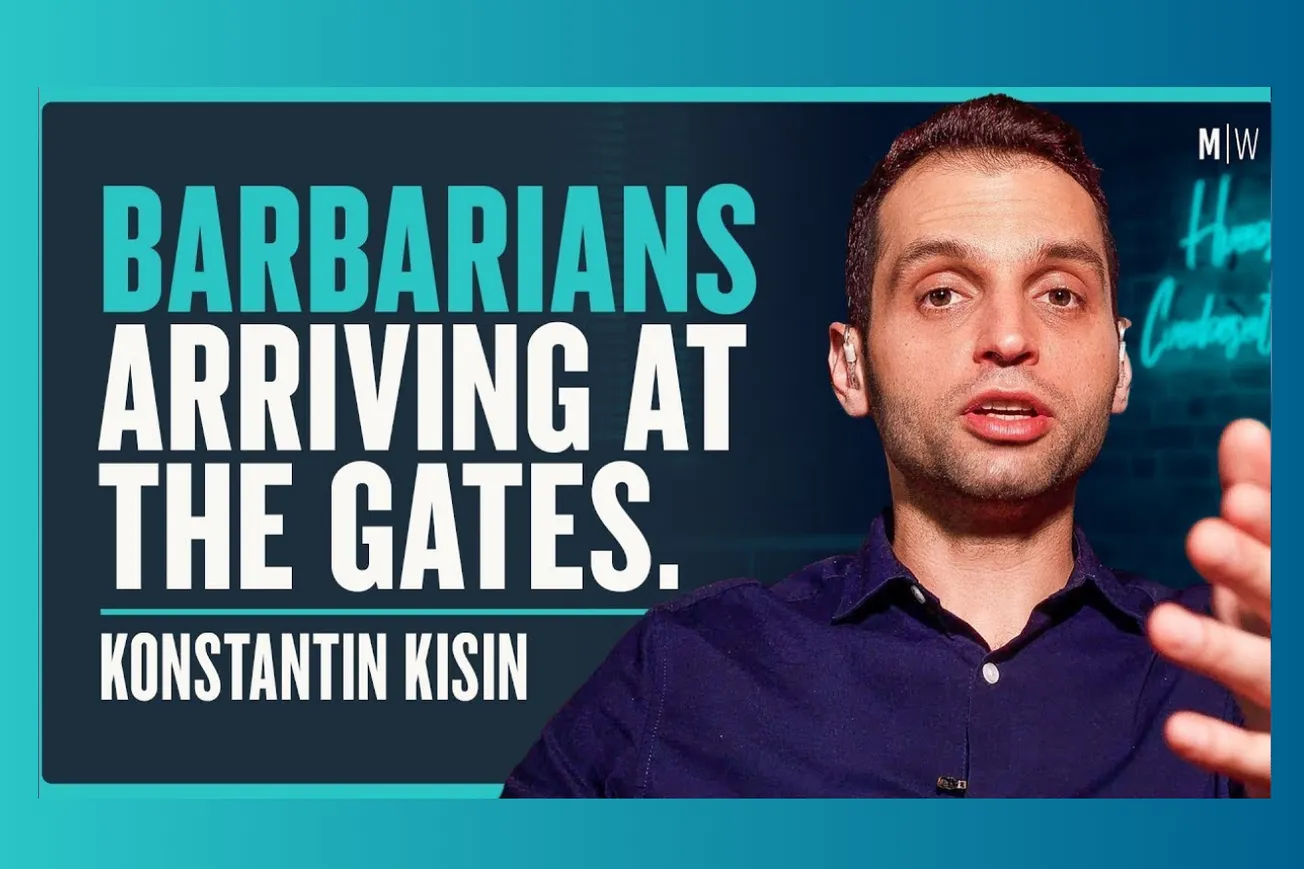Table of Contents
Travis built a $50M fortune while never leaving his 2400-person hometown. Here's why he thinks small-town wealth beats big-city riches.
Discover how Travis leverages geographic arbitrage, community impact, and lifestyle design to maximize wealth satisfaction in rural Canada.
Key Takeaways
- Travis achieved $50M net worth through two business exits while remaining in his 2400-person Canadian hometown where he's a fifth-generation resident
- His monthly expenses are only $20,000 despite significant wealth, demonstrating dramatic cost-of-living advantages in rural areas
- The company employs dozens of locals and converted the old folks' home into their office building, making Travis an unofficial community leader
- Teachers approached his 10th-grade daughter asking about the family's exit amount, illustrating privacy challenges unique to small-town wealth
- Geographic arbitrage allows $70K salaries to feel like $200K+ in major cities, enabling competitive hiring while maintaining lower overhead costs
- He owns a $4M Montana lake property designed to sleep 45-50 people, prioritizing experiences and family memories over material possessions
- Travel becomes the primary cultural exposure method for his children rather than living near urban amenities and world-class institutions
- Investment allocation includes 58% with portfolio managers, 17% in local real estate, and 25% in private equity deals with personal connections
- Small-town wealth provides disproportionate community impact compared to big-city millionaires who remain relatively anonymous among other wealthy individuals
Timeline Overview
- 02:48–11:44 — Business Journey Origins: Travis's path from $800K net worth to founding Globex Corporation, growing from $150K to $30M revenue over decade
- 11:44–15:29 — Small Town Wealth Challenges: Privacy invasion, teacher confrontations with daughter, coaching children on money conversations, security considerations
- 15:29–20:30 — Lifestyle and Spending: $20K monthly expenses, Toyota Tundra driving, $800K house with basketball court addition, travel prioritization over local luxury
- 20:30–24:27 — Investment Strategy: Portfolio management approach, 40% alternatives, geographic arbitrage benefits, local real estate partnerships
- 24:27–34:12 — Community Impact: Converting old folks' home to office, employing returning locals, company barbecues, avoiding political influence while maintaining positive presence
- 34:12–37:14 — Family and Future: Raising sixth-generation children, cultural exposure through travel, Montana lake property for family gatherings, wealth definition philosophy
Best Quotes and Analysis
"I'd rather have my family and my lifestyle here being worth a tenth of what I could be worth in a big city and not have any kids. I'd be miserable if I was my age with no kids and I had 10 times the wealth on paper."
- Analysis: This quote reveals Travis's fundamental wealth philosophy—that lifestyle design and family fulfillment matter more than absolute net worth. His rejection of pure financial optimization in favor of life satisfaction represents a mature approach to wealth that many high-achievers never reach.
"I wanted wealth for memories, not for things. That creates them, and it's a way to share. I want people to go down there and use it. It's a way for other people to be able to experience or get some joy out of the money we've been able to make."
- Analysis: Travis's approach to the $4M Montana property illustrates enlightened wealth psychology—prioritizing experiences and community benefit over personal accumulation. This mindset creates compound returns through relationship building and shared joy.
"If I lived in New York and I had this kind of money and they went to private school, they would be with a bunch of other kids whose parents are way more wealthy than I am."
- Analysis: This insight reveals how geographic context completely changes wealth's relative impact. In small towns, $50M creates outsized influence and status, while in major cities it might feel inadequate compared to billionaire peers.
"The biggest pro for me is I think when you're in a big market and you create jobs, you see them at the office and that's it. You don't really see the effect. But you see the job creation and what that does to their lives."
- Analysis: Small-town entrepreneurship provides immediate, visible feedback loops between business success and community impact. This psychological reward system creates meaning beyond financial returns and explains why some wealthy individuals prefer local influence over anonymous wealth.
"I think if somebody came into a small town and tries to throw their weight around with money, I think that would poison the apple more than it would help."
- Analysis: Travis understands the delicate social dynamics required to maintain positive community relationships as the wealthiest resident. Heavy-handed wealth displays or political manipulation would destroy the very social fabric that makes small-town living appealing.
The Geographic Arbitrage Goldmine: Building Wealth Where It Goes Furthest
- Travis's $50M creates influence and lifestyle options that would require $500M+ in major metropolitan areas due to cost-of-living differentials and relative wealth positioning
- Monthly expenses of $20,000 provide luxury living while similar lifestyles in major cities would cost $100K+ monthly, enabling massive wealth accumulation advantages
- $70K salaries feel like $200K+ to employees due to purchasing power, enabling competitive talent attraction without Silicon Valley compensation destruction
- Business margins improve dramatically with identical revenue streams but fraction of operational costs compared to urban competitors
Geographic arbitrage creates exponential wealth advantages beyond simple cost calculations. $50M in major cities provides comfortable living; in small towns it creates generational influence and community leadership. The psychological satisfaction from outsized local impact often exceeds utility from additional accumulation, making ambitious lifestyle goals achievable at lower wealth thresholds.
The Privacy Paradox: Wealth Visibility in Fishbowl Communities
- Every financial decision becomes community knowledge—construction projects, purchases, and lifestyle choices generate immediate gossip and social commentary
- Professional boundaries dissolve when teachers inappropriately question children about family wealth, requiring defensive communication strategies
- Security considerations increase despite safety records because wealth visibility creates potential targeting in communities where everyone knows everyone's routines
Small-town wealth creates unique psychological pressure absent in anonymous urban environments. This visibility serves as a forcing function for responsible spending—harder to make frivolous purchases when the community will notice and judge. However, it requires exceptional emotional intelligence to maintain relationships while enjoying financial success.
Community Leadership Through Economic Development: The Unofficial Mayor Effect
- Local employment creation provides visible feedback loops between business success and community prosperity, unlike anonymous urban job creation
- Converting historical buildings (old folks' home) into business headquarters creates symbolic community continuity and deeper social connection
- Conscious choice of local hiring over pure cost optimization demonstrates stewardship wealth philosophy versus extraction mentality
Travis exemplifies wealth stewardship where success creates community obligations rather than just personal benefit. This approach generates positive feedback loops where business strengthens local economy, improving quality of life for the entrepreneur's family while creating psychological satisfaction that exceeds pure wealth accumulation.
Lifestyle Design Philosophy: Experiences Over Accumulation
- Vehicle choices (Toyota Tundra vs luxury cars) prioritize practicality over status signaling due to infrastructure limitations and community perception management
- $4M Montana property designed for 45-50 people prioritizes relationship building and memory creation over personal luxury displays
- Travel becomes primary cultural exposure method, compensating for limited local amenities while maintaining small-town grounding effects
Travis's spending reflects sophisticated happiness optimization rather than wealth signaling. Experiences create higher marginal utility in resource-constrained environments—the Montana property generates more value for small-town families than urban wealthy who already access numerous entertainment options.
Generational Wealth Strategy: Building Legacy Beyond Money
- Sixth-generation community presence creates irreplaceable social capital and historical roots that money cannot buy in new locations
- Children develop work ethic through family business exposure (janitorial work, lawn care) impossible in corporate environments
- Teaching "my dad's rich, I'm not" boundaries prevents entitlement while enabling appropriate benefit from family success
Raising wealthy children in small towns addresses the privilege-versus-character challenge by maintaining environment where $50M feels extraordinary rather than ordinary. Geographic stability creates multigenerational social capital that new money in new locations cannot replicate, providing non-financial inheritance often more valuable than monetary transfers.
Common Questions
Q: How much is Travis worth and how did he build his wealth?
A: Approximately $50 million through two business exits, including a $25 million exit with another similar exit expected, all while remaining in his 2400-person hometown.
Q: What are his monthly expenses and lifestyle costs?
A: Around $20,000 monthly including house renovations, travel, and living expenses—dramatically lower than equivalent lifestyle costs in major cities.
Q: How does he handle privacy and social challenges in a small town?
A: Developed scripts for children to handle money questions, maintains humble lifestyle choices, and focuses on community contribution rather than wealth display.
Q: What vehicles does he drive and why those choices?
A: Toyota Tundra and Grand Cherokee for practicality, avoiding luxury cars due to unpaved roads, limited service options, and desire to avoid ostentatious displays.
Q: How is his wealth invested and managed?
A: 58% with portfolio managers, 17% in local real estate, 25% in private equity deals, emphasizing diversification and local connection over pure optimization.
Conclusion
Travis's story reveals how geographic arbitrage and community-focused wealth building can create outsized life satisfaction compared to pure wealth maximization strategies. His $50M provides influence, impact, and lifestyle quality that would require hundreds of millions to replicate in major metropolitan areas.
Practical implications for entrepreneurs and builders:
• Consider geographic arbitrage seriously when choosing business and family locations—cost-of-living differentials can multiply wealth impact exponentially
• Evaluate community leadership opportunities as part of wealth strategy rather than just focusing on absolute accumulation—influence and meaning often provide more satisfaction than additional money
• Plan for privacy challenges in small communities where wealth visibility creates social dynamics that don't exist in anonymous urban environments
• Prioritize experience creation over material accumulation especially when cost-of-living advantages enable higher-impact spending on travel and memory-building activities
• Design intergenerational gathering spaces like Travis's Montana property to maintain family cohesion as wealth enables geographic dispersion
• Balance local investment with portfolio diversification to support community development while maintaining prudent risk management • Develop community sensitivity skills to wield wealth influence responsibly without poisoning social relationships through perceived arrogance
• Create employment opportunities locally when possible to multiply community impact beyond personal wealth accumulation
• Use travel strategically to provide cultural exposure when living in areas with limited local amenities and educational resources
• Teach children wealth boundaries early to prevent entitlement while enabling them to benefit from family financial success appropriately
The deeper lesson from Travis's experience is that wealth optimization isn't just about maximizing net worth—it's about designing a life where financial resources create maximum meaning, impact, and satisfaction for both the individual and their community.





